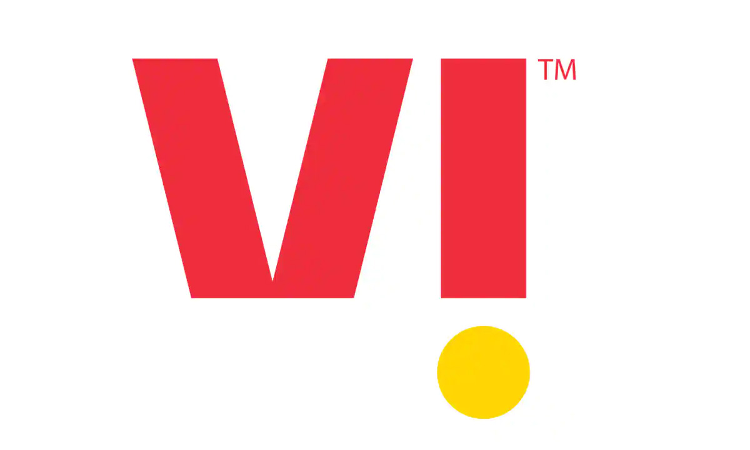The Karnataka High Court has held that the assessee, Vodafone Idea, is not liable to deduct TDS on interconnectivity usage and bandwidth charges.The bench of Justice P.S. Dinesh Kumar and Justice Ramachandra D. Huddar has observed that since the assessee was entitled to the benefits under the Double Taxation Avoidance Agreement (DTAA), it was not liable to deduct tax at source.The court...

